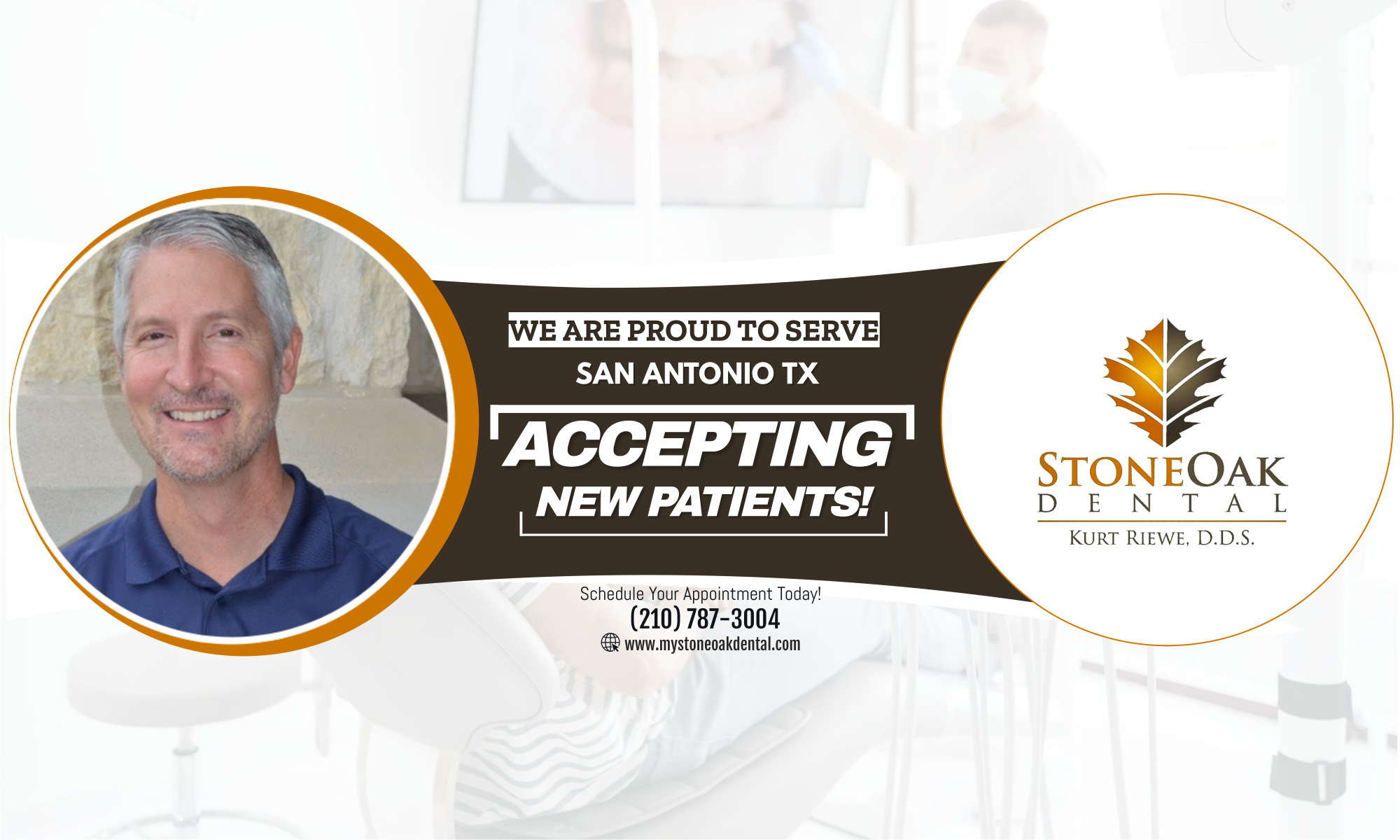Mouth sores can be very annoying and painful and can have many causes.
The causes can range from infections – bacterial, viral or fungal – to a loose orthodontic wire or a denture that doesn’t fit or a sharp edge from a broken tooth or filling.
But mouth sores may be symptoms of an underlying disease or problem.
So, if you’ve had any mouth sore that lasts a week or longer, its a good idea to get your dentist to check it out.
Here are some of the most common mouth sores:
Canker sores: These are small ulcers with a white or gray base and a red border. They appear inside the mouth and are not contagious though they often return. Problems such as poor immune systems, viruses or fatigue and stress may be involved. They usually heal on their own after a week or two.
Cold sores: Cold sores are annoying and painful. They are also known as fever blisters or Herpes simplex and are groups of fluid-filled blisters. They often erupt around the lips and sometimes under the nose or around the chin. Cold sores caused by herpes virus type 1 are very contagious and the virus stays in the body. Cold sore blisters usually heal in a week by themselves.
Candidiasis: This fungal infection (also called moniliasis or oral thrush) occurs when the yeast Candida albicans reproduce in large numbers. It is common among denture wearers and people who have dry mouth syndrome are very susceptible to it. The focus is on preventing it or controlling the conditions that caused the outbreak.
Any mouth sores that last more than a few days should be checked with your dentist.
